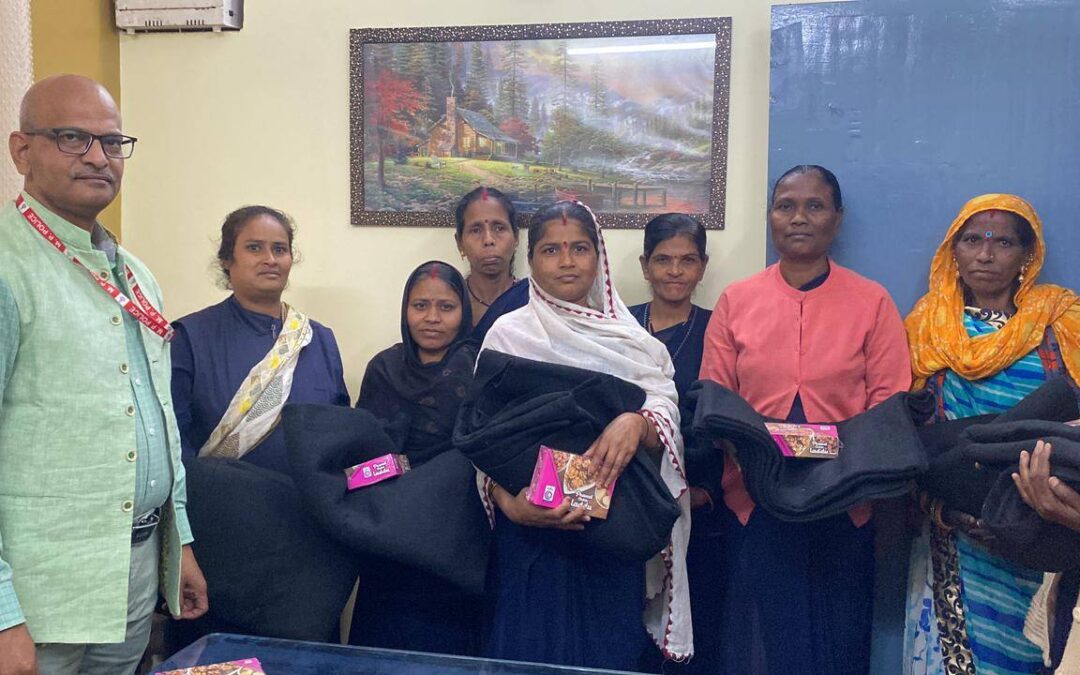India is a land of immense potential, but it also faces significant challenges. NGOs (Non-Governmental Organizations) play a crucial role in bridging the gap and creating a more equitable and sustainable society. Here are five key ways NGOs can make a lasting impact:
1. Empowering Communities:
Many NGOs go beyond simply providing aid. They focus on building capacity within communities, equipping them with the skills and resources to solve their own problems. This could involve vocational training for women, agricultural education for farmers, or leadership workshops for youth. By fostering self-reliance, NGOs create a ripple effect of positive change.
2. Advocating for Change:
NGOs can be powerful agents of advocacy. They can raise awareness about critical issues like sanitation, education, or gender equality. By lobbying the government, conducting research, and mobilizing public support, NGOs can push for policy changes that address systemic problems and create a more just society.
3. Preserving the Environment:
India’s rich biodiversity and natural resources face constant threats. Environmental NGOs work tirelessly to conserve wildlife, promote sustainable practices, and combat pollution. They educate communities about environmental issues, organize clean-up drives, and advocate for stricter environmental regulations.
4. Promoting Education and Healthcare:
Quality education and healthcare are fundamental rights, yet access remains a challenge for many in India. NGOs can bridge this gap by setting up schools in remote areas, providing scholarships for underprivileged children, or organizing mobile medical camps. By ensuring basic healthcare and education reach all corners of society, NGOs empower individuals and foster a healthier future.
5. Fostering Innovation and Collaboration:
The most effective solutions often emerge through collaboration. NGOs can connect with other NGOs, government agencies, and private companies to share knowledge, resources, and best practices. They can also champion innovative solutions, like using technology to deliver education or healthcare services in remote areas.
Conclusion
NGOs are the backbone of civil society in India. By focusing on empowerment, advocacy, environmental protection, education, and healthcare, they can create a more just, sustainable, and prosperous society for all. If you’re passionate about making a difference, consider volunteering your time, skills, or donations to an NGO that aligns with your values. Together, we can build a brighter future for India.



